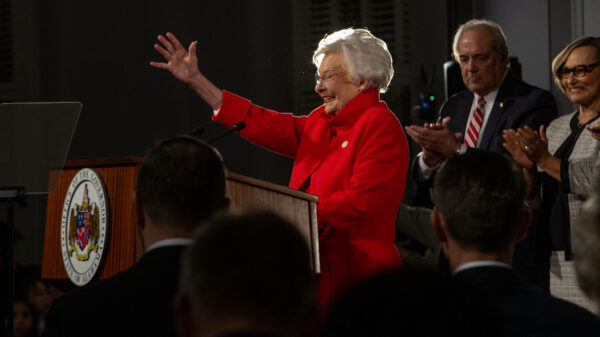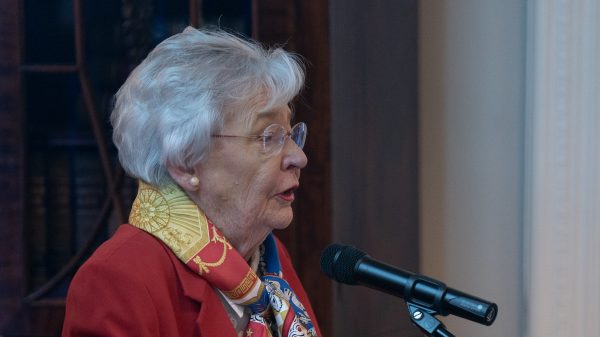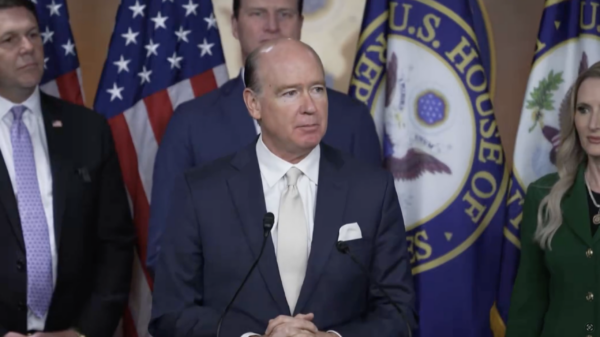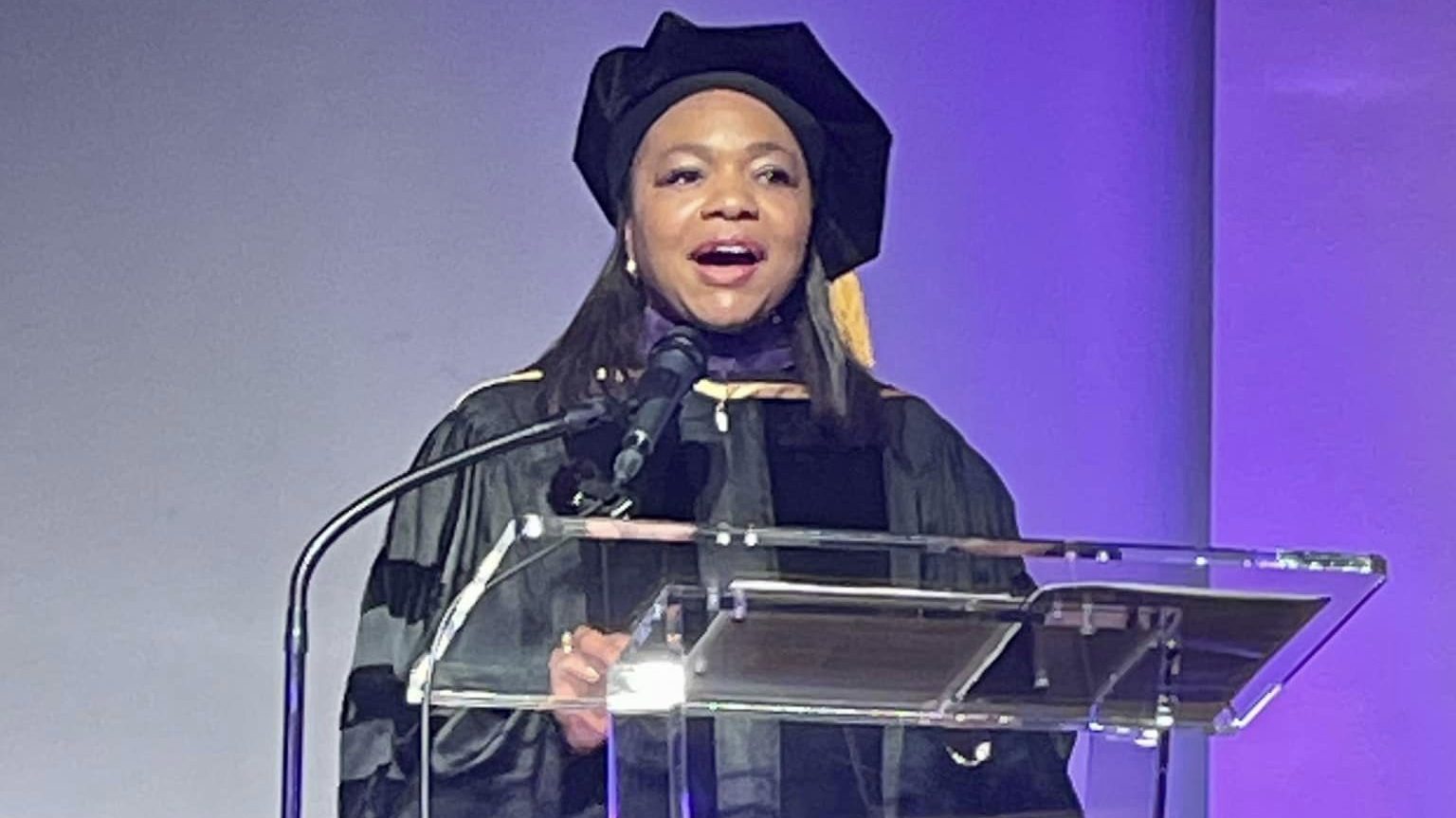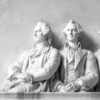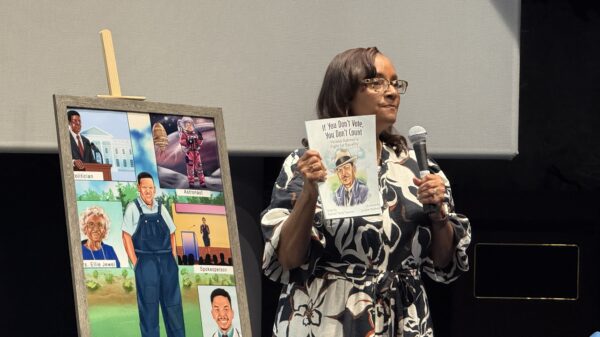Kristen Clarke, the first woman U.S. assistant attorney general for civil rights at the U.S. Department of Justice, delivered remarks Thursday at the Miles College Honors Convocation.
Clarke highlighted the college’s place in the Civil Rights Movement.
“One hundred and twenty-five years ago, Christian Methodist Episcopal pastors founded the College to provide educational opportunities for Black students, who continued to languish under the oppressive legacy of slavery, without access to other schools,” Clarke said. “Over the years Miles College continued to provide these opportunities, transforming the lives of thousands of Black students in our country.
“The school persisted through the bleak days of Jim Crow, as Black people in Alabama were denied the right to vote, to hold government offices, to serve on juries and to enjoy public facilities. It persisted through the carnage of lynchings — more than 300 right here in Alabama since 1900, including 14 in Jefferson County, and one right here in Fairfield in 1940. It persisted as police brutality and shocking acts of violence enforced an unwritten code that punished Blacks for looking at a white woman the wrong way, as a KKK bomb killed four little girls — 60 years ago tomorrow — at the 16th Street Baptist Church. Through all this hatred and injustice, Miles College stayed true to its calling, pursuing academic excellence and turning out graduates of distinction.
“And, as Birmingham became the epicenter of our nation’s Civil Rights Movement, Miles College unsurprisingly was right at the forefront. It was a haven for the heroes fighting for freedom, equality and justice. It was the engine for strategies to battle racial segregation. It was the source of inspiration, insight and hope.”
Clarke recalled Miles College alumnae Autherine Lucy, who famously applied to get a teaching degree at the University of Alabama, but was denied when the university discovered she was Black. But after the Brown v. Board of Education ruling came down, the university was forced to allow Lucy to attend.
She only attended UA three days, driven out by a white mob screaming and throwing things at her and expelled by the university.
Clarke also spoke of U.W. Clemon, a Miles student who helped organize a boycott of downtown Birmingham stores to protest segregation, and returned to Birmingham years later as a civil rights lawyer, successfully suing Bear Bryant to integrate the Alabama football team. And Richard Arrington, the first Black mayor of Birmingham.
“All of these icons are part of your legacy, of Miles College’s legacy, and of your Alabama heritage,” Clarke said. “And as you determine your life’s path, I urge you to consider their example, because they stood up for the fundamental American value of recognizing the worth of each human being. They fought for what they believed was right.
“We desperately need such courage and conviction right now. Hate and bigotry are on the rise. The apostles of division based on race, religion, sexual orientation and gender identity have crawled out into the sunlight and been met not with universal condemnation, but with acceptance by elements of mainstream America.”






